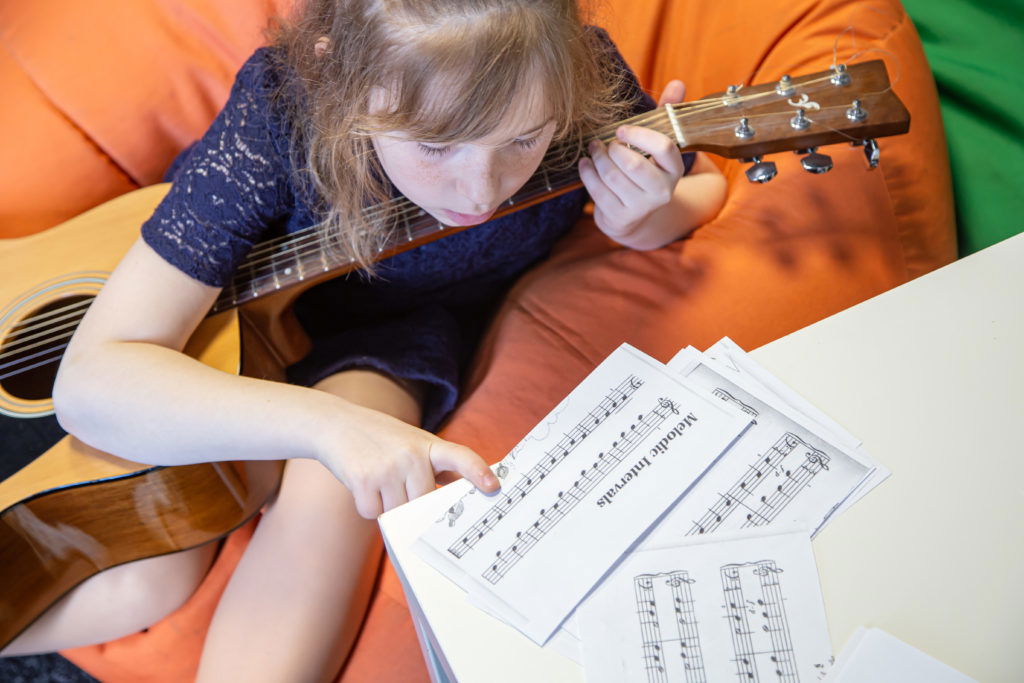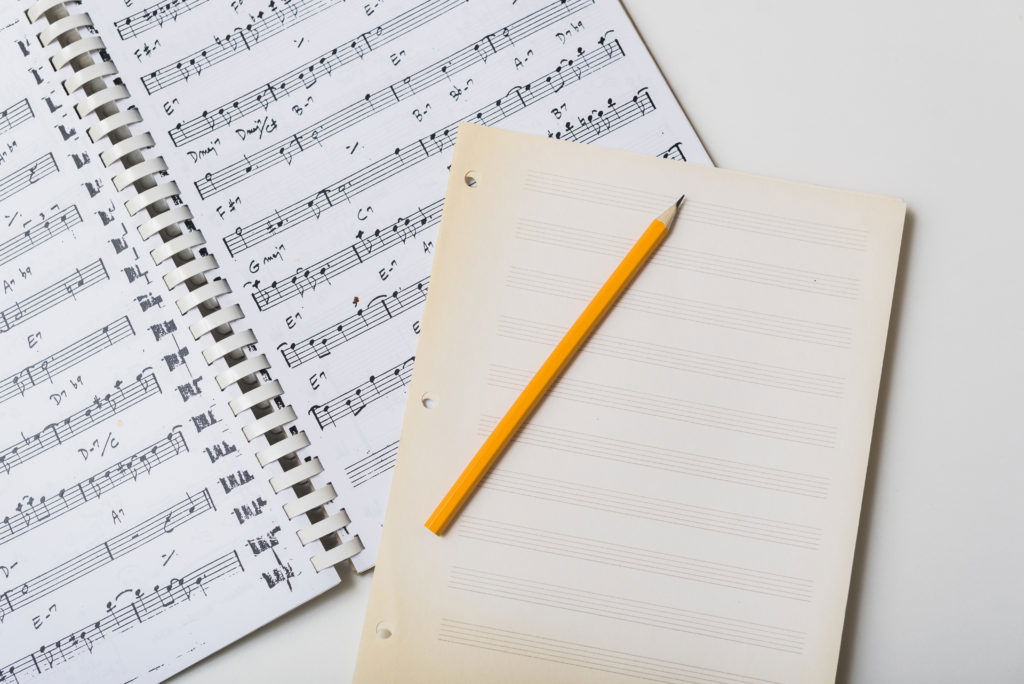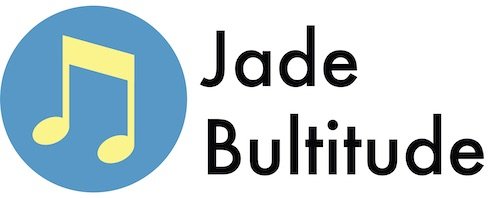Be learning Music theory you will understand the foundation of all music, whether you are a performer a composer or a combination of both! I have always believed that it is important to introduce students to music theory right from the get go. If music theory is left to the way side we often see students have trouble reading the notes, not understanding the rhythms in front of them, not understanding any of the performance directions and ultimately, they end up being very frustrated. Music learning and scales learning ends up with the student simply relying on their memory.
As the student progresses onto harder more complicated pieces and scales that include more accidentals, the student, unless they happen to have a particularly good memory, will begin to find that they lose confidence in themselves. This is something we must avoid! Music should be enjoyable and it is even more enjoyable when you really understand it!
I have always been passionate about music theory as you can tell from previous blog posts and I have created a hub of resources to help you learn. Make sure to check out music theory foundations!
So, why you should start music theory right away in your music lessons?! Here are my top 5 reasons!
1. It Deepens your understanding of the music you’re playing

By ensuring you understand music theory you will find that you will clearly understand any piece of music put in front of you. You will be able to understand whether the piece should be played fast, slow, smoothly, detached, loud or soft! You will also be able to look at the rhythms and clearly be able to visualize what the piece should sound like.
Having a deep understanding of the pieces you are playing means you can play them stylistically accurately. If you are playing a baroque piece for example you will understand how to do the ornamentation accurately. Or if you are playing a romantic piece of music you will understand what a composer means by playing it rubato! All of these things make for a better performance and a more enjoyable performance for the audience and the performer!
2. Learning music theory will improve your sight reading and aural skills

Understanding music theory will help improve both your sight reading and aural skills. Imagine if you could simply read every note quickly and easily, or be able to look at a key signature and automatically know what key you are in? Your sight-reading skills would go through the roof and you would be able to play anything! Understanding all of these will mean you can easily recognize different aspects in an aural setting. Having a deeper understanding of chord progressions, harmony and performance directions, you will find that your aural skills improve hugely.
3. Makes pieces easier to learn

Learning pieces of music is very similar to sight reading but further! More than sight reading you will understand how to get across all musical aspects of your pieces. Sight reading focuses, most usually, on getting the basic geography of a piece down. Namely, the notes, the rhythm and the structure. But there is more to a piece of music than just it’s rhythm and notes! A composer has a clear vision of how they want their piece to sound and in order to get this across it is important for the performer to be able to read and understand all musical detail. This means ornamentation, dynamics, performance directions, key changes and more!
4. You will be able to compose

If you understand music theory you will also find that you develop the skills to be able to compose your own music! This is one of the great joys of learning music theory, being able to write down your ideas exactly as you imagine them is a beautiful skill to develop.
5. Gets rid of the panic when you’ve done grade 5

This does not affect everyone but if you happen to be working your way through the ABRSM Music grades then beginning music theory right from the beginning will mean that once you have completed your Grade 5 practical exam you will not have the panic of completing your Grade 5 theory exam before you can take Grade 6!
This happens all too often where a student ends up being held back from progressing through the grades because they do not have the theory knowledge to complete grade 5 theory! If this sounds familiar then make sure to check out our guide to acing grade 5 theory. We have loads resources to help guide you through as quickly as possible for success in your exam.
I have many more music theory learning resources, such as performance directions quizzes, an interactive circle of fifths and free music theory worksheets.
